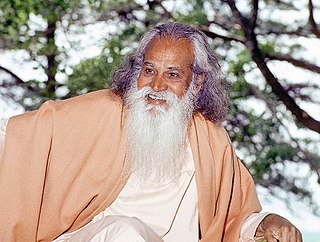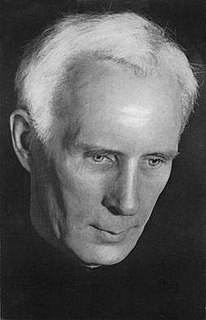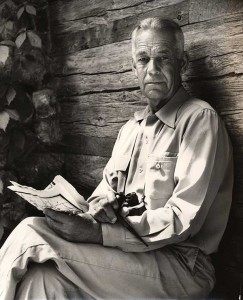A Quote by Alfred North Whitehead
There are two principles inherent in the very nature of things, recurring in some particular embodiments whatever field we explore - the spirit of change, and the spirit of conservation. There can be nothing real without both. Mere change without conservation is a passage from nothing to nothing. . . . Mere conservation without change cannot conserve. For after all, there is a flux of circumstance, and the freshness of being evaporates under mere repetition.
Related Quotes
'Conservation' (the conservation law) means this ... that there is a number, which you can calculate, at one moment-and as nature undergoes its multitude of changes, this number doesn't change. That is, if you calculate again, this quantity, it'll be the same as it was before. An example is the conservation of energy: there's a quantity that you can calculate according to a certain rule, and it comes out the same answer after, no matter what happens, happens.
In nature nothing remains constant. Everything is in a perpetual state of transformation, motion, and change. However, we discover that nothing simply surges up out of nothing without having antecedents that existed before. Likewise, nothing ever disappears without a trace, in the sense that it gives rise to absolutely nothing existing in later times.
So many people live within unhappy circumstances and yet will not take the initiative to change their situation because they are conditioned to a life of security, conformity, and conservation, all of which may appear to give one peace of mind, but in reality, nothing is more damaging to the adventurous spirit.
That the mere matter of a poem, for instance--its subject, its given incidents or situation; that the mere matter of a picture--the actual circumstances of an event, the actual topography of a landscape--should be nothing without the form, the spirit of the handling, that this form, this mode of handling, should become an end in itself, should penetrate every part of the matter;Mthis is what all art constantly strives after, and achieves in different degrees.
My happiest hours are those in which I think nothing, want nothing, when I do not even dream, but lose myself in some spurious vegetable torpor, moss growing on the surface of life. Without a trace of bitterness I savour my absurd awareness of being nothing, a mere foretaste of death and extinction.
Why should anyone be afraid of change? What can take place without it? What can be more pleasing or more suitable to universal nature? Can you take your bath without the firewood undergoing a change? Can you eat without the food undergoing a change? And can anything useful be done without change? Don't you see that for you to change is just the same, and is equally necessary for universal nature?
Here is the difference between hope with Jesus and hope without Jesus. Hope without Jesus is waiting for your position or circumstance to change. To be waiting and hoping that someday things aren't how they are now. There is nothing wrong with waiting for a miracle, but some miracles don't always come. Life without Jesus is a life without purpose.
And so when we talk about intangible values remember that they cannot be separated from the others. The conservation of waters, forests, soils, and wildlife are all involved with the conservation of the human spirit. The goal we all strive toward is happiness, contentment, the dignity of the individual, and the good life. This goal will elude us forever if we forget the importance of the intangibles.








































